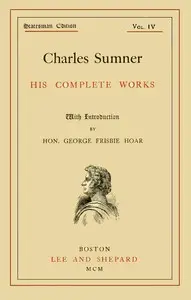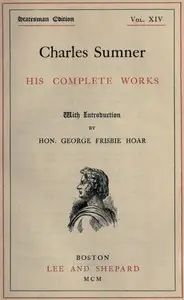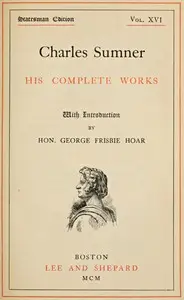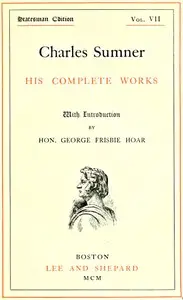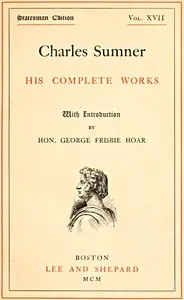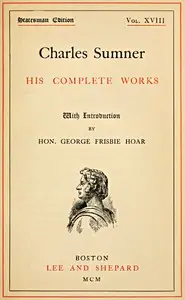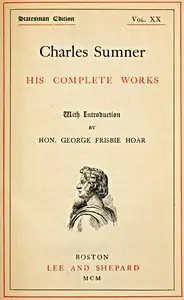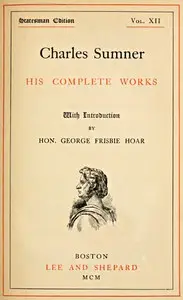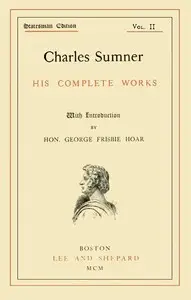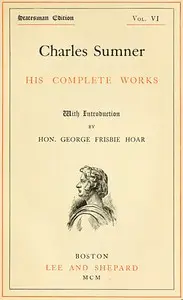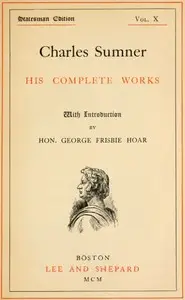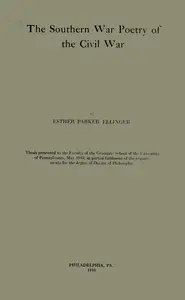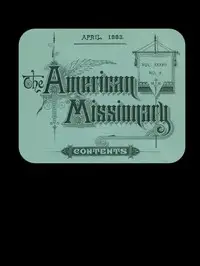"Charles Sumner: his complete works, volume 15 (of 20)" by Charles Sumner is a collection of writings and speeches from the 1800s that deals with big issues of the time, especially foreign relations and what was happening inside America. You'll read about important political topics with a focus on America's new land from Russia. A senator argued for civil rights and changes to how the country dealt with other countries. In one speech, given April 9, 1867, he talks about agreeing with the treaty that gave America this land from Russia. The story tells all the things that had to happen to make the treaty, like talking to politicians and why the senator thought it was a good idea. He explains that it had to do with expanding America, working with Russia, and pushing for a fair country for all. The words spoken show that he believed gaining new land was more than just getting territory, but it was also about creating a United America and spreading the idea of freedom in the Western Hemisphere.
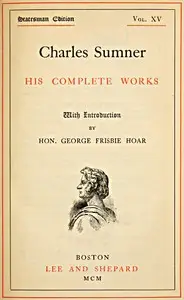
Charles Sumner: his complete works, volume 15 (of 20)
By Charles Sumner
Witness a senator's powerful speeches about land acquisition, foreign relations, and his vision for a more unified and democratic America.
Summary
About the AuthorCharles Sumner was an American lawyer, politician, and statesman who represented Massachusetts in the United States Senate from 1851 until his death in 1874. Before and during the American Civil War, he was a leading American advocate for the abolition of slavery. He chaired the Senate Foreign Relations Committee from 1861 to 1871, until he lost the position following a dispute with President Ulysses S. Grant over the attempted annexation of Santo Domingo. After breaking with Grant, he joined the Liberal Republican Party, spending his final two years in the Senate alienated from his party. Sumner had a controversial and divisive legacy for many years after his death, but in recent decades, his historical reputation has improved in recognition of his early support for racial equality.
Charles Sumner was an American lawyer, politician, and statesman who represented Massachusetts in the United States Senate from 1851 until his death in 1874. Before and during the American Civil War, he was a leading American advocate for the abolition of slavery. He chaired the Senate Foreign Relations Committee from 1861 to 1871, until he lost the position following a dispute with President Ulysses S. Grant over the attempted annexation of Santo Domingo. After breaking with Grant, he joined the Liberal Republican Party, spending his final two years in the Senate alienated from his party. Sumner had a controversial and divisive legacy for many years after his death, but in recent decades, his historical reputation has improved in recognition of his early support for racial equality.

